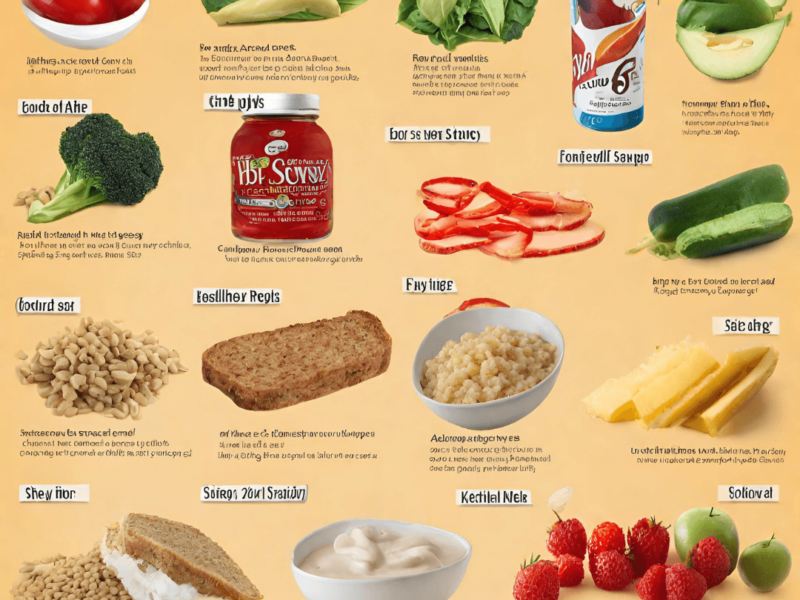Cold Air: The Impact of Winter on Childhood Asthma
Winter brings with it beautiful snowflakes, cozy fires, and the joy of the holiday season. However, for children with asthma, this time of year can also bring challenges. The cold air that defines winter can have a significant impact on childhood asthma, exacerbating symptoms and leading to increased respiratory issues. In this article, we will explore the expert insight into the effects of cold air on childhood asthma and discuss ways to mitigate its impact for a safer, more comfortable winter season for our little ones.
How Cold Air Affects Childhood Asthma
Cold air, when inhaled, can trigger and worsen asthma symptoms in children. The respiratory system of a child with asthma is already sensitive and easily irritated, and the cold air can aggravate this condition. Here’s how cold air affects childhood asthma:
1. Constriction of Airways
When cold air enters the airways, it can cause them to narrow and constrict, making it harder for a child to breathe properly. This constriction can lead to symptoms such as wheezing, coughing, and shortness of breath.
2. Inflammation
Cold air can trigger an inflammatory response in the airways, causing them to become swollen and irritated. This inflammation not only restricts airflow but also makes the airways more sensitive to other triggers, leading to an increased risk of asthma attacks.
3. Increased Mucus Production
Cold air can stimulate the production of excess mucus in the respiratory system. This mucus can build up in the airways, further obstructing airflow and making it more difficult for children with asthma to breathe comfortably.
Mitigating the Impact of Cold Air on Childhood Asthma
While we may not be able to change the weather, there are several steps parents and caregivers can take to minimize the impact of cold air on childhood asthma.
1. Layering Clothing
Dressing children in layers can help them stay warm and prevent the inhalation of extremely cold air. This way, they can adjust their clothing to maintain a comfortable body temperature, reducing the chances of triggering asthma symptoms.
2. Using Scarves or Masks
Encourage children to cover their nose and mouth with a scarf or mask when venturing outside in cold weather. This can help to warm the air before it enters the airways, reducing the likelihood of irritation and constriction.
3. Pre-Warming Indoor Air
Ensuring that indoor spaces are appropriately heated before children with asthma enter can help reduce the temperature shock and minimize the impact of cold air on their respiratory systems.
4. Avoidance
When temperatures are extremely low, it may be best to limit the time spent outdoors or avoid outdoor activities altogether. This can significantly reduce the exposure to cold air and subsequently decrease the risk of asthma symptoms.
5. Pharmacological Management
Consulting with a healthcare professional to determine if any adjustments need to be made to a child’s asthma medication regimen during the winter months is crucial. Sometimes, preventive medications may need to be adjusted or additional prescriptions may be required to manage the impact of cold air on their respiratory system effectively.
Frequently Asked Questions (FAQs)
Q1: Does cold air cause asthma?
A1: Cold air itself does not cause asthma, but it can trigger and worsen symptoms in individuals with pre-existing asthma. The cold air can irritate the airways, leading to constriction, inflammation, and increased mucus production, making it harder for those with asthma to breathe.
Q2: How can I tell if my child’s asthma is worsened by cold air?
A2: If your child experiences an increase in asthma symptoms such as wheezing, coughing, chest tightness, or shortness of breath when exposed to cold air, it is likely that cold air worsens their condition. Consulting with a healthcare professional can help confirm this and provide appropriate guidance.
Q3: Can cold air trigger an asthma attack?
A3: Yes, cold air can trigger an asthma attack in individuals with asthma. The constriction of airways, inflammation, and increased mucus production caused by cold air can all contribute to the onset of an asthma attack. It is important to take precautions and manage asthma effectively during periods of cold weather.
Conclusion
While winter may bring chilly air, it doesn’t have to mean increased suffering for children with asthma. By understanding the impact of cold air on childhood asthma and taking appropriate preventive measures, we can help our little ones enjoy the winter season to its fullest. From dressing in layers to pre-warming indoor spaces, and practicing pharmacological management, we can ensure that cold air is less likely to trigger asthma symptoms. By prioritizing our children’s respiratory health, we can create a safe and comfortable environment, regardless of the temperature outside.
The Unveiling Connection: Specialized T Cells in Older Men Linked to Asthma Attacks
Revolutionary Breakthroughs in Acute Myeloid Leukemia Treatment by MSK

